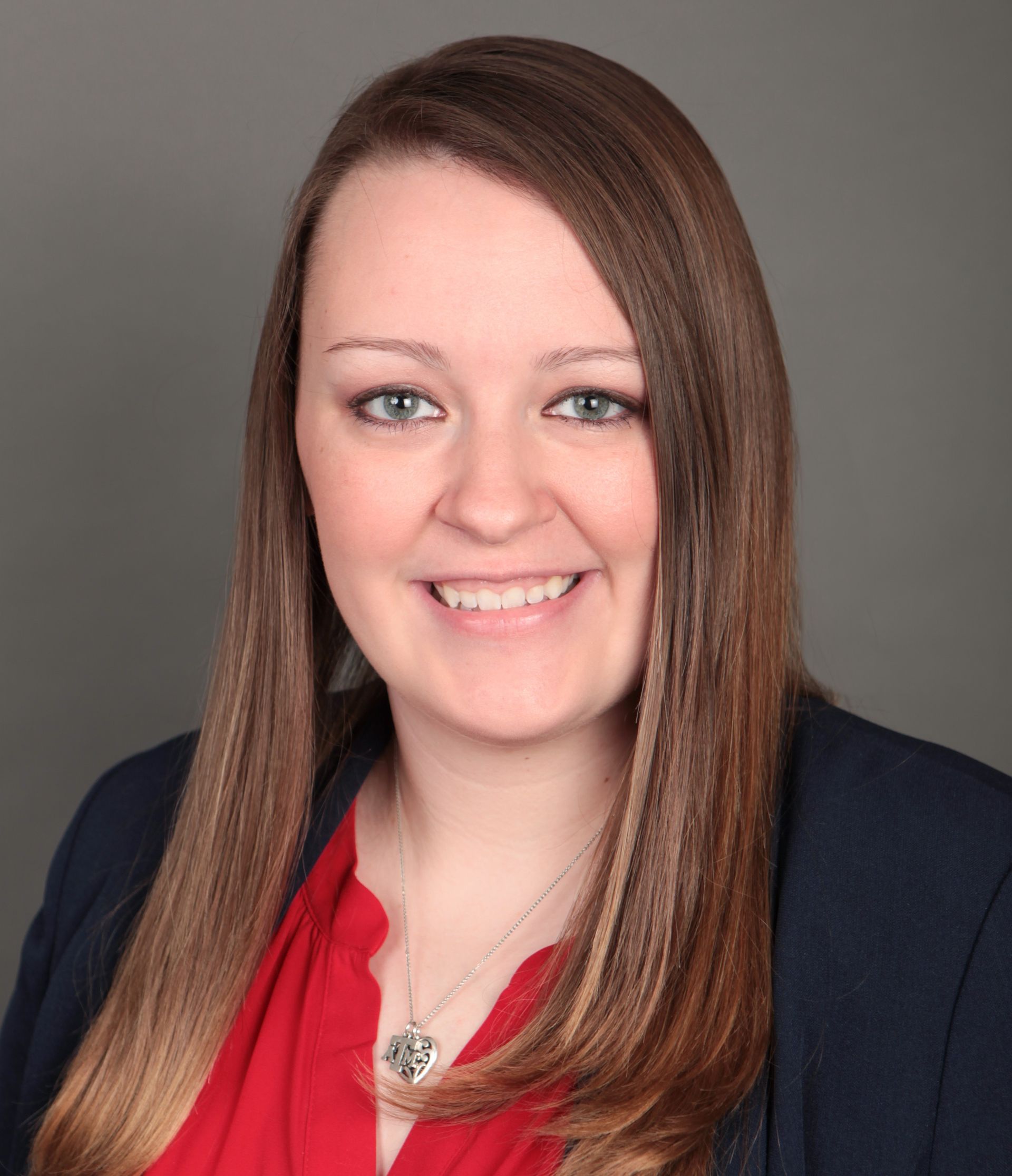January Advocate Spotlight
Carolyn Wallace

1. How long have you been an Advocate and when did you realize you wanted to become one?
I was sworn in as an Advocate in February 2023 and signed on to my first case in March! I’ve been passionate about foster care, specifically teenagers in care, for several years but it wasn’t until I learned about CASA that I realized I could have an impact outside of being a foster parent. Once I learned about CASA I knew it was for me and applied as soon as I could!
2. What is the most rewarding aspect of being an advocate?
The most rewarding part of being an Advocate is seeing the progress of your CASA kids! Often times working through trauma is a long and difficult process and it’s not linear, so I watch for any small victories and make a point to celebrate those with my kiddos. To an outsider these victories may seem small, but for the kids they feel huge so celebrating them helps the child know they have someone in their corner cheering them on and to stay motivated to keep going, even after a setback. Over time those small victories add up to a really big accomplishment!
3. If you could offer some words of encouragement to your fellow and incoming Advocates, what would they be?
Remember that children are so much more than what is in their file. Sometimes children, especially those with high needs, can have a file that reads more like a “wrap sheet”, but it’s important to remember that those behaviors are trauma related and it does not make them a “bad kid”. Be patient, consistent, honest, listen, stick to your word, and never underestimate the importance of always showing up for them unconditionally. Over time (sometimes lots of time) they will start to open up to you and begin to trust you, and having someone they can trust to consistently be there for them can make all the difference in their life.








